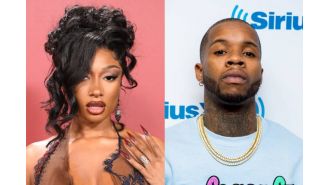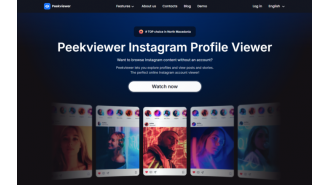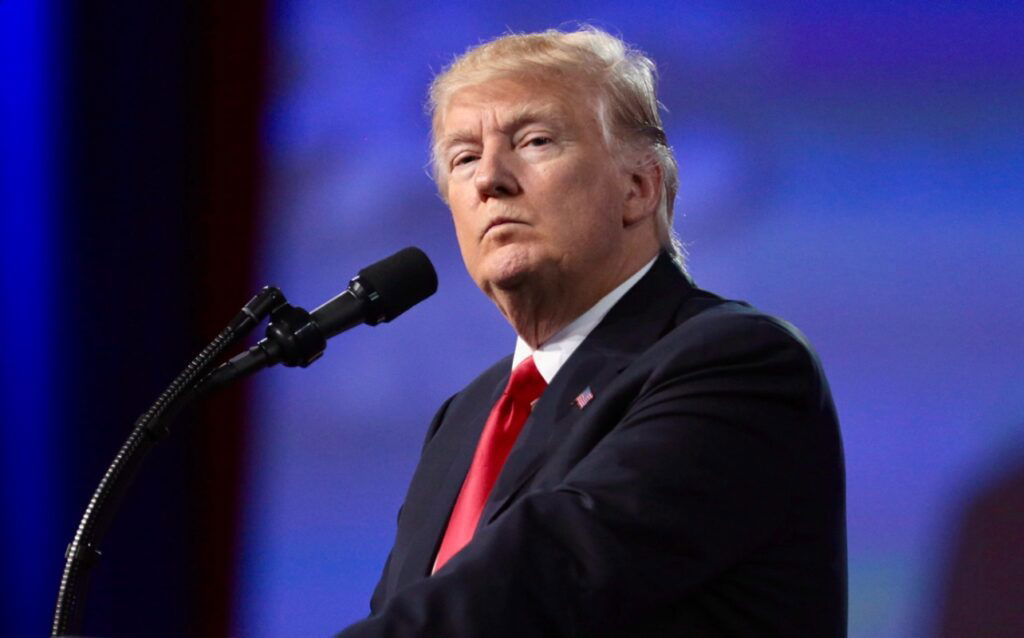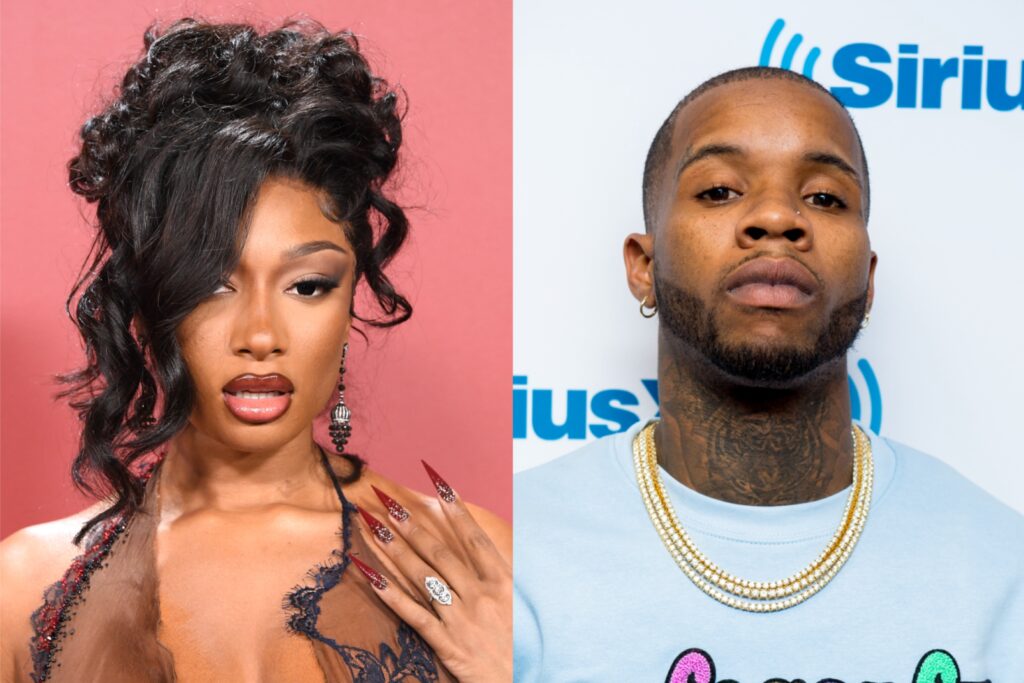Trump wants Supreme Court to postpone TikTok ban until he can give input as president.
Trump wants Supreme Court to delay possible TikTok ban until he can reach a political solution.

On Friday, President-elect Donald Trump made a request to the Supreme Court regarding the possible ban of TikTok. He asked for the ban to be put on hold until his administration could find a "political resolution" to the issue. This request was made amidst filing of opposing briefs by TikTok and the incoming Biden administration. TikTok argued that a law that could potentially ban the platform by January 19 should be struck down, while the government stressed the importance of the law in eliminating a national security threat.
Trump's amicus brief, which was written by his chosen solicitor general D. John Sauer, stated that the President did not take a stance on the matter at hand. Instead, he respectfully asked the Court to consider delaying the deadline for TikTok to divest, which is currently set for January 19, 2025. This would give the Court time to thoroughly examine the case.
This is not the first time Trump has inserted himself in national issues before officially taking office. He has already begun negotiating with other countries on his plans to impose tariffs and has even intervened in a plan to fund the federal government. He has also been holding meetings with foreign leaders and business officials at his Mar-a-Lago club in Florida as he assembles his administration. Last week, he even met with TikTok's CEO Shou Chew.
Interestingly, Trump's stance on TikTok has changed since he tried to ban it during his first term over national security concerns. During his 2024 presidential campaign, he joined the app and used it to connect with younger voters, particularly male voters, by sharing macho content with the aim of going viral. He has previously stated that he still believes there are national security risks associated with TikTok, but he is now against banning it.
The filings made on Friday were in preparation for oral arguments scheduled for January 10. These arguments will determine whether the law, which requires TikTok to divest from its China-based parent company or face a ban, violates the First Amendment by restricting speech. The law, which was signed by President Biden in April after receiving bipartisan support from Congress, has been challenged by TikTok and its parent company ByteDance.
Earlier this month, a panel of three federal judges on the U.S. Court of Appeals for the District of Columbia Circuit unanimously upheld the law, prompting TikTok to appeal the case to the Supreme Court. Trump's brief stated that he opposes banning TikTok at this point and would like to use political means to resolve the issue once he takes office.
In their own brief to the Supreme Court, TikTok and ByteDance's attorneys argued that the appeals court made a mistake in its ruling and based its decision on the possibility of China exerting control over TikTok's U.S. platform through pressure on its foreign affiliates. On the other hand, the Biden administration has argued in court that TikTok poses a national security threat due to its connections to China. They claim that Chinese authorities could force ByteDance to provide information on TikTok's U.S. users or use the platform to manipulate information. However, TikTok's legal filing pointed out that the U.S. has no evidence that this has ever happened and that their fears are based on potential future risks.
In their filing on Friday, the Biden administration mentioned that because TikTok is connected to ByteDance and relies on its proprietary engine developed and maintained in China, there is a risk associated with its corporate structure.
2 Views










